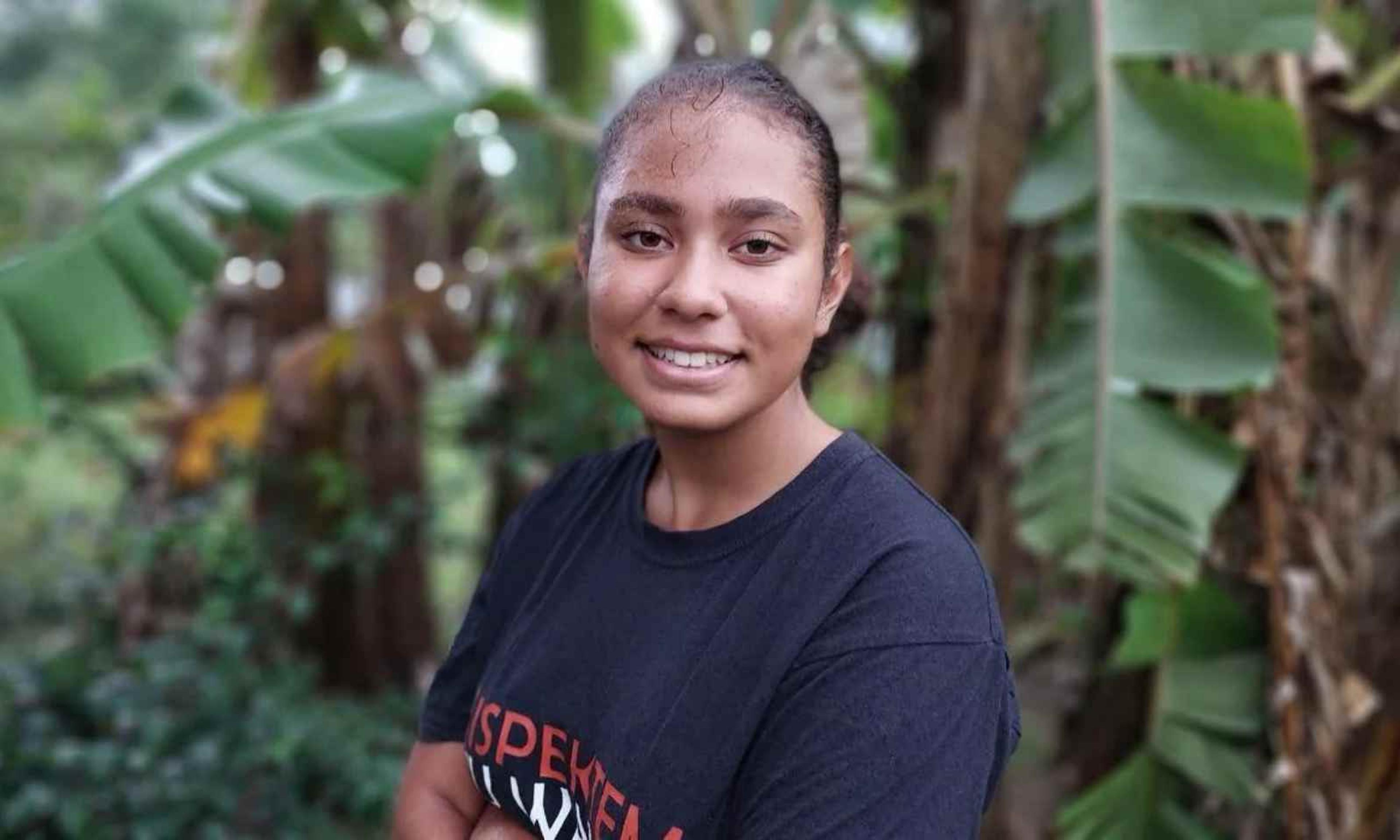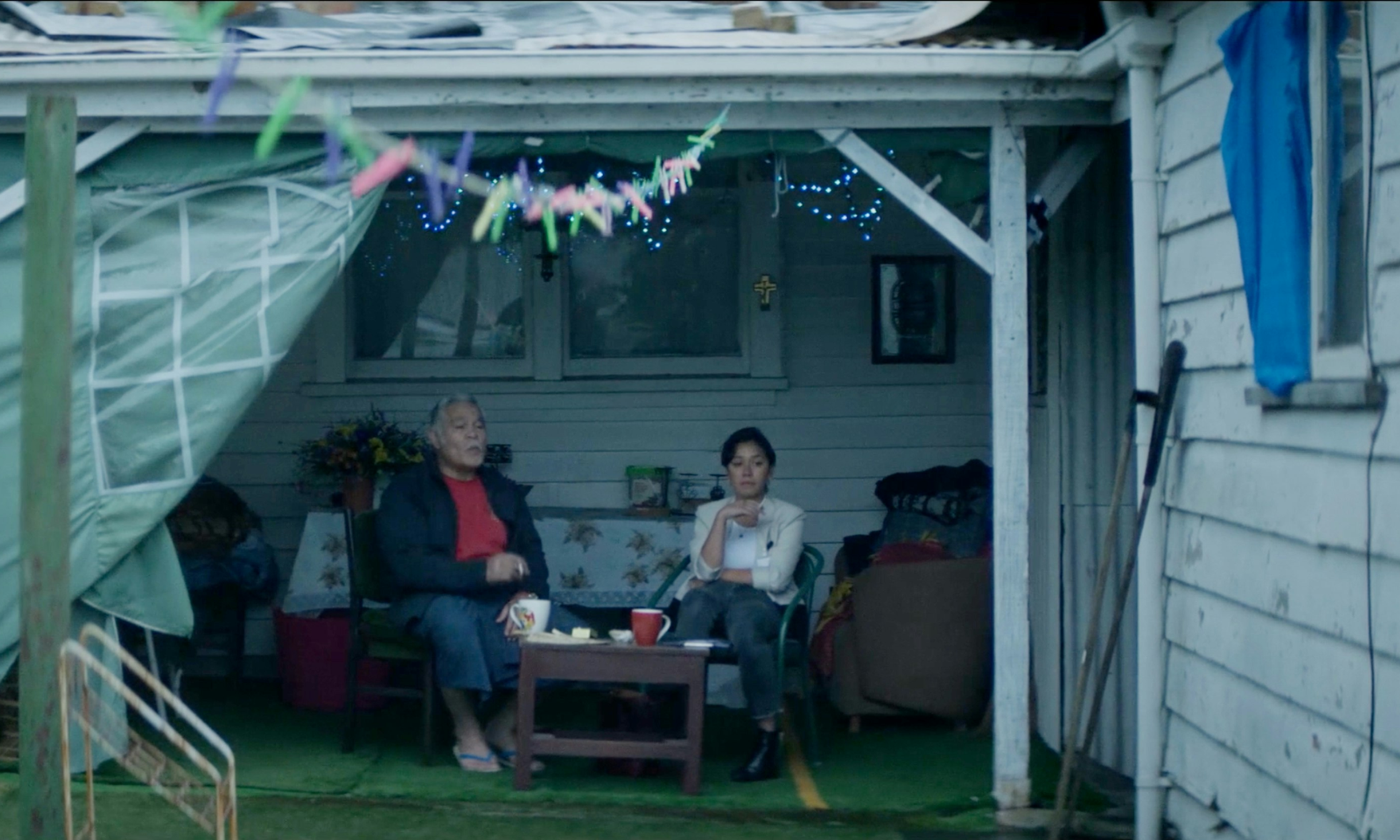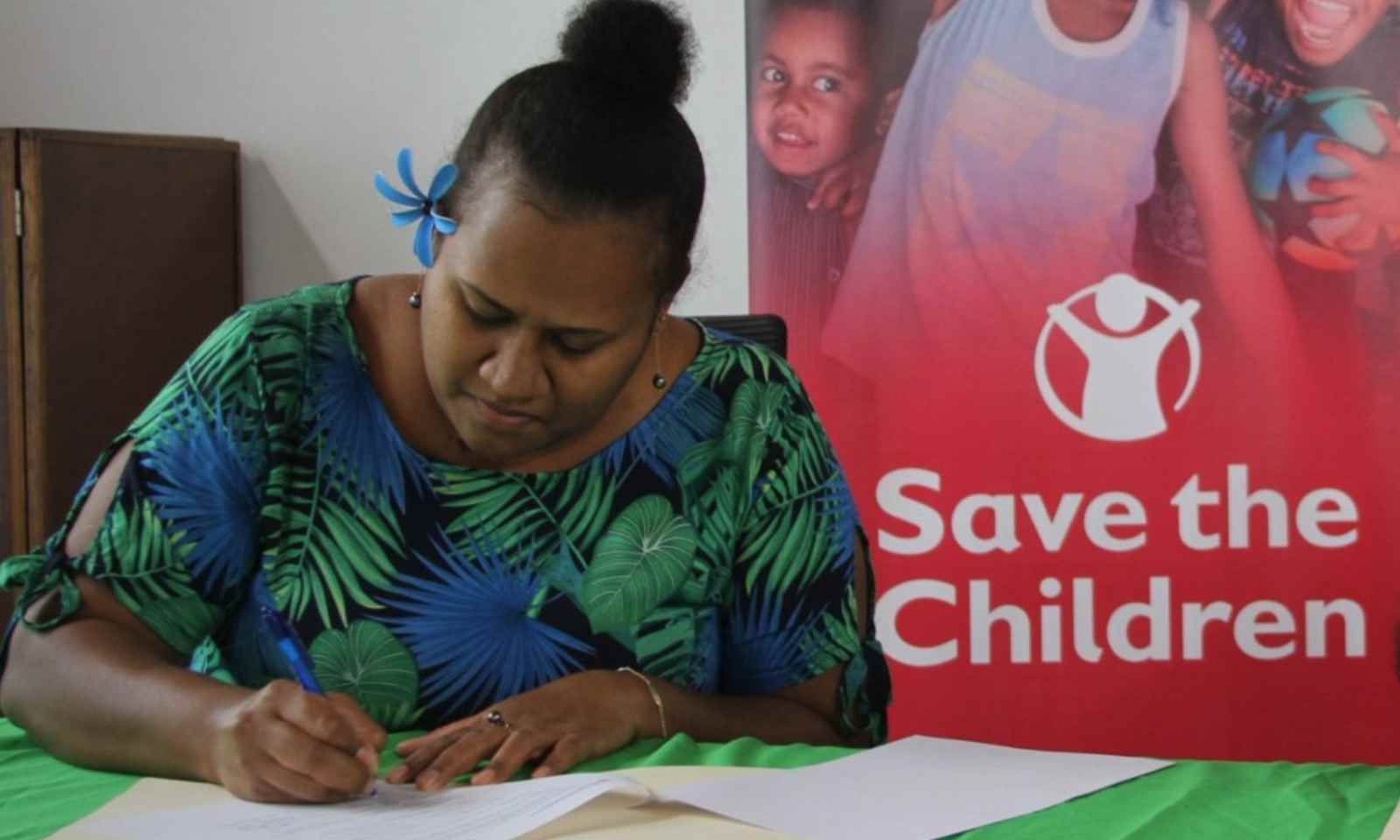

Ni-Vanuatu teen reflects on twin cyclones and ongoing impact of climate change
Fourteen-year-old Chloe says climate change continues to be the most pressing issue for her country to address.


Oscar hopeful Lea Tupu’anga's māfana captures global support


Heaven is real, Hell isn’t: My spiritual journey through ego, love and seeking out peace


Oscar hopeful Lea Tupu’anga's māfana captures global support


Heaven is real, Hell isn’t: My spiritual journey through ego, love and seeking out peace
“No one expected it” is what a Ni-Vanuatu teen says after her home was struck by two cyclones, just a few days apart last year.
Chloe lives in Port Vila and it’s been a little over a year since her home experienced two category four cyclones outside of cyclone season, just a few days apart.
“No one expected it to be as strong as they were. No one really thought much of it in the beginning," says the 14-year-old.
“It definitely did impact our school because we’d only just gone back and we were just getting into assignments and having big assignments [exams]. The twin cyclones kind of disrupted all of that because afterwards there was quite a lot of damage here in Vila.”
Watch Chloe's full interview on Pacific Mornings below:
Vanuatu is the world’s most "at-risk" country for natural hazards, according to the UN University World Risk Index.
The natural disasters impacted more than 80 per cent of the island’s population of about 320,000 people by damaging homes, schools, and food gardens.
Not long after the twin disasters, Tropical Cyclone Lola hit Vanuatu in October, which was the earliest a Category Five Cyclone had been recorded in the cyclone season.
Two people were killed by this cyclone, and although not affecting her home, Chloe says outer islands such as Penteost were also badly affected.
“I think we all knew it was bound to happen at one point but I think it was just a statement of how unpredictable the weather is becoming.
“It’s always an underlying worry that we have to think about how to be prepared for cyclones even when it’s not cyclone season.”

Save the Children Vanuatu senior team member Relvie Matariki.
Save The Children (STC) Vanuatu senior team member Relvie Matariki says the ongoing risk of disaster has meant many have not been able to recover and are relying on tarps they provide for families with damaged homes.
“The damage to the schools and impact on crops is the key impact that we are responding to at the moment."
Watch the full interview with Save The Children (STC) Vanuatu senior team member Relvie Matariki below:
She says these disasters have particularly affected young people.
“In terms of children in schools and being able to go back inside the classroom, they’re not having that opportunity now, especially in remote areas. They have to stay back at home.
“As well as the trauma that they've gone through in terms of the destruction that happened in the twin cyclones and TC Lola. For those of us that are living in urban areas, we have concrete houses that are strong.
“We [STC] have a Green Climate Fund project that is implemented by the Vanuatu Government, specifically the Ministry of Climate Change.”
She says the fund aims to support communities across all provinces to adapt to the climate change crisis alongside more accessibility to climate change information.
Chloe says for herself and many other young people on the island, there is a constant worry about their futures.
“It would be very beneficial to everyone and a very good idea if we all take part in trying to make the world eco-friendly and reduce our carbon footprint.
“At the rate we’re going, us people here in Vanuatu and lots of other small Pacific island nations are going to be some of the first people affected by climate change and sea levels rising.
“I think we’re just worrying about the future, how our generation and future generations are going to survive and adapt if we don’t change the way that we are going about living on the earth.”